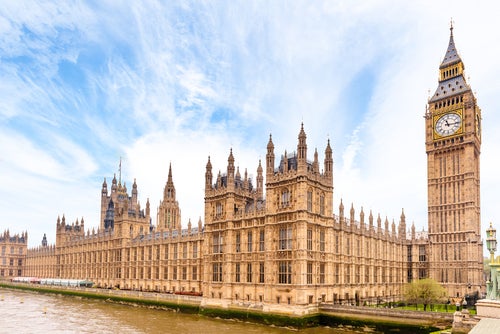On 28 July, Lord Sikka, a member of the House of Lords, addressed Parliament following the newly-elected Labour government’s decision to bring privately controlled rail passenger companies, which rely on public subsidies, into public ownership.
Labour announced its intention to move towards nationalisation and confirmed plans to establish Great British Railways (GBR). As a publicly-owned entity, GBR would manage the rail system across England, Wales, and Scotland.
It is anticipated that GBR will assume control of the service contracts currently held by private firms in England as they expire.
However, Labour has not indicated that GBR will purchase the “rolling stock” (the train carriages) from private firms, suggesting it will continue to lease them.
Additionally, there is no indication that rail freight companies will be nationalised. Instead, the government stated that GBR would support and promote freight operators.
In his statement below, Lord Prem Sikka asks Louise Haigh, Labour’s new transport secretary, to explain why rolling stock leasing companies (ROSCOs) are to remain in private hands despite benefiting from the public purse:
Can the minister also say something about the cost to the public purse of leaving freight and rolling stock companies – which are commonly known as ROSCOs – in private hands?
- Just three companies – Angel Trains, Eversholt and Porterbrook – own 87% of the rolling stock, which is then leased out to train companies.
- All three of these have complex corporate structures and are controlled from an entity in Luxembourg, which obviously means tax dodges.
- 100% of their income is derived from the public purse. In the last decade, ROSCOs have paid £2.7 billion in dividends.
- They have a profit margin of 41.6% and no UK taxes paid on any of their dividends.
I am sure the minister will find this abuse unacceptable and will act very, very swiftly.
The profiteering by ROSCOs can be ended by purchasing rolling stock directly from manufacturers or by setting up a new publicly-owned entity to replace the existing ROSCOs.
So hopefully, the minister will give us a timetable for ending this abuse.








